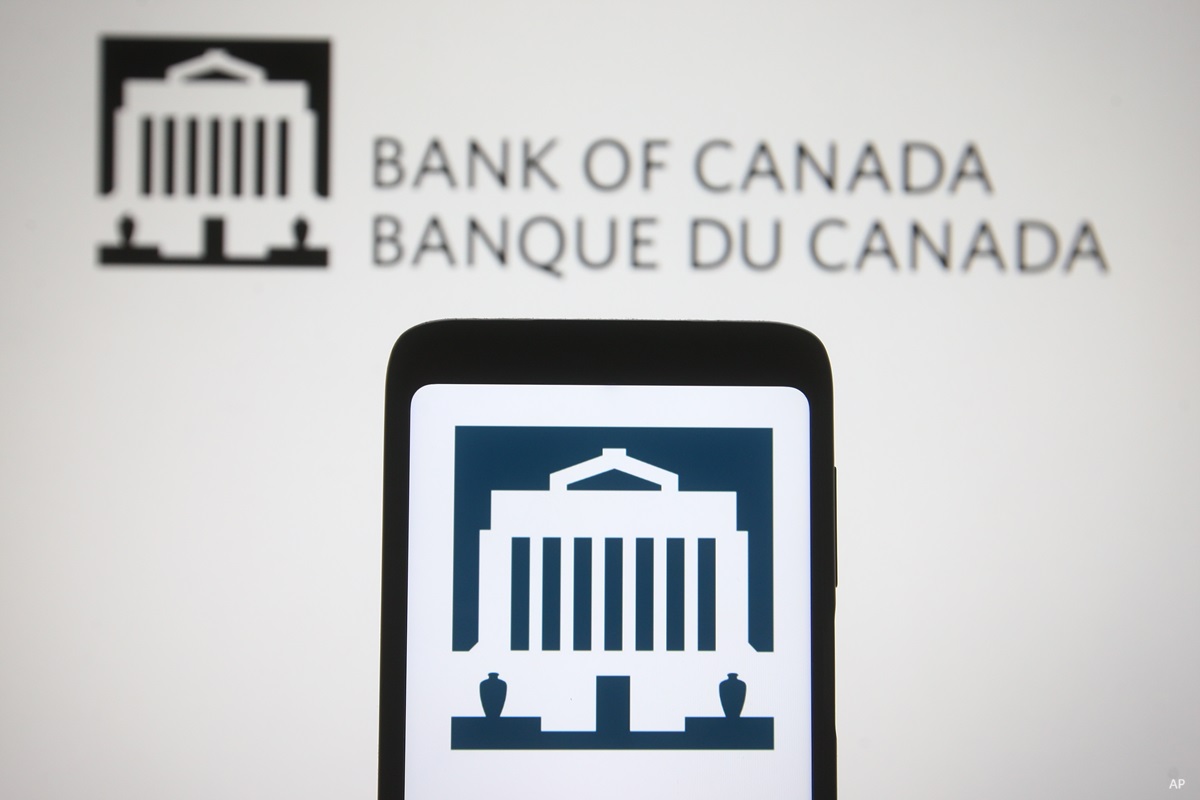Ruth Saldanha: A year ago, in September, the Canadian Securities Administrators released its final position paper on how deferred sales charges or DSCs would be phased out. Then the Ontario government threw a wrench in the works by withdrawing its support of the plan to ban the DSCs. Since then, nothing has happened. What does this mean for DSCs? And what does this mean for you, the investor? Dan Hallett, VP and Principal at HighView Financial Group is here with us today to discuss this.
Dan, thanks so much for being here today.
Dan Hallet: My pleasure.
Saldanha: Nothing seems to have happened on the DSC ban front since September of last year. Do you think the ban is dead?
Hallet: It looks pretty clear to me that the ban is dead. When the government came out with that decision before the consultation really had a time to run its course, it seemed clear that that was more of a political move than an investor protection move. But it certainly seems like that's off the table, at least for the time being.
Saldanha: What do you think is likely to happen next?
Hallet: Well, clearly, regulators are in favor of banning the DSC. So, in the absence of a ban, I think, what they'll end up doing is perhaps looking at alternatives. Maybe banning the traditional DSC and favoring more of a low load type structure where instead of six or seven years, you're locked in for two or three years. And then the upfront commissions are quite a bit less. So, it is a lesser version, less painful, perhaps if you exit early, and just you're tied in for a less time. So, I think that's probably one of the big things that they could do. So, it will be measures around of that sort, I think, that we'll see as an alternative to an outright ban.
Saldanha: Are these alternatives in investors' interests?
Hallet: I think anything that improves flexibility will be. I'm not sure it will have any impact cost-wise, however. Now, it is a meaningfully lower upfront commission. So, maybe over time, we could see that filter through in lower fees. But I think that's not an immediate impact. That's something that will take some time.
Saldanha: Canada, in general, is considered a really high cost market in terms of fees for investors. Our recent studies found that we were almost below average for all of this. Do you think that this particular move of not banning DSC will continue to make things more expensive for investors?
Hallet: Well, it's certainly not going to help lower the costs. Maybe it might keep us more expensive relative to other countries for longer. Yeah, you know, it's going to be a challenge. I think, in terms of being able to see lower costs for investors, if we keep especially the traditional deferred sales charge, that's going to be a problem.
Saldanha: Is there anything investors can do to keep their own portfolios low cost?
Hallet: Well, certainly, for do-it-yourself investors, I think that's quite easy. The problem is, they're faced with this sea of choices both on the ETF and mutual fund side. It used to be, you know, there were a couple thousand mutual funds and like a dozen ETFs. So, it was a very easy thing, or even just very few index funds, if that's the type of strategy they wanted to keep costs low. Today, not at all the case. I don't know – there's upwards of 800 ETFs just trading on the TSX. That's ignoring the more than twice that number that trades in New York on top of the still long list of funds. So that's the challenge. If people are really clear about what they want, and can zero in on those, but easy for someone who knows the landscape, tougher for someone coming in. So, it just takes I think a bit of a learning curve and time, and they'll be able, I think, to more easily navigate to those lower cost choices. But there really is – I mean, if an investor really wanted to a do-it-yourselfer, easily structure a diversified portfolio for under 20 basis points a year. And in fact, now with I think two years now since the low-cost balanced funds were relaunched, they could do one decision, one purchase, and there are some good mutual funds as well that fit that description. Not quite as low cost but would feel the need of an easy low maintenance, one decision product. So, that really is the one extreme where people can go keep it simple and cheap, and really not have to worry much about it.
Saldanha: Thank you so much for joining us today, Dan.
Hallet: You're welcome.
Saldanha: For Morningstar, I'm Ruth Saldanha.



















